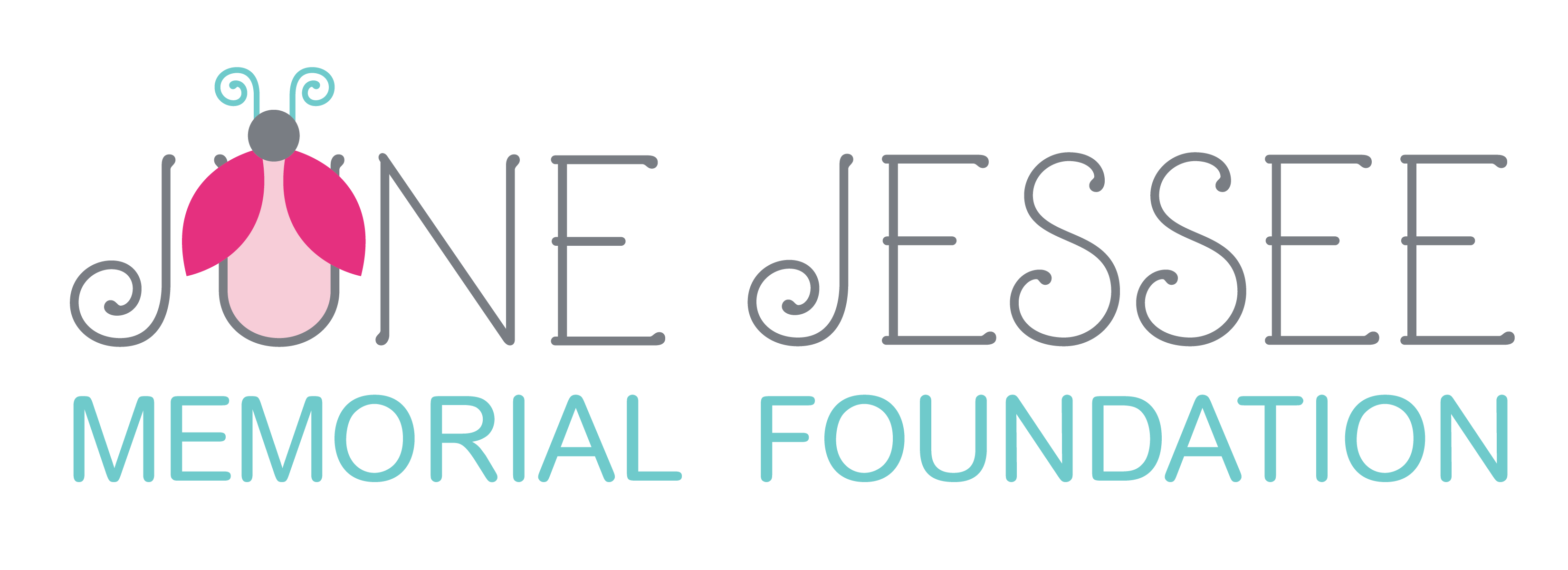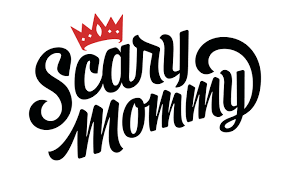Free Emotional Support and Services for Parents and Caregivers
The June Jessee Memorial Foundation has partnered with St. Louis Children’s Hospital and Washington University’s Perinatal Behavioral Health Service to offer emotional support to parents and caregivers of medically complex kids. This position was created to connect families being treated on the neurology unit with appropriate resources and counseling services. However, your child does not need to be experiencing an in-patient stay for you to reach out.
As the therapist hired for this role, I want to take this opportunity to introduce the new services and talk a little bit about mental health. Under the most routine circumstances, 1 in 5 women and 1 in 10 men will experience some anxiety and/or depression during the first months or years of their child’s life. These experiences are called “Perinatal Mood and Anxiety Disorders” or PMADs. We know from research done in the NICU that having a child with medically complex needs increases the risk of developing anxious or depressed symptoms. For this reason, the Perinatal Behavioral Health Service offers resources to families at St. Louis Children’s Hospital and the St. Louis community.
Some of the most common questions people have about the services we provide are:
What services are offered?
- Emotional support/someone to talk to during a hospital stay
- Information on coping skills and self-care
- Education on anxiety, depression, and trauma-related symptoms
- Screenings (brief questionnaires) to help assess for symptoms
- Outpatient (office-based), telephone, or bedside therapy sessions
- Psychiatric care (billed through insurance)
- Referrals to community events, support groups, and/or therapy resources
Do I need therapy?
I often hear that individuals are “doing OK” or “feeling better than I was.” That’s great! The decision to seek therapy is completely up to you. I do want to clarify that you don’t need to be struggling to benefit from extra support. If things are going pretty well, it can be helpful to identify why and discuss strategies to keep things on track. If you notice mild changes in your mood, therapy may help address those concerns before they become more severe. People use therapy in very different ways. Some come every week, others once a month. Some therapy relationships span months or even years, others just a few sessions. The frequency and length of therapy is an ongoing discussion based on your goals for the experience.
There are times when I do actively encourage people to consider therapy and psychiatric consultation. This occurs when they are showing some clear signs of distress. This looks different from person to person. Some warning signs include:
- Feeling overwhelmed or unable to focus
- Struggling to enjoy activities you used to look forward to
- A low, sad mood that doesn’t seem to every fully go away
- Difficulty falling or staying asleep/sleeping much more than usual
- Significant changes in appetite
- Panic attacks
- Uncontrollable worry or obsessive thoughts
- Negative thoughts about self (feeling worthless, helpless, or guilty)
- Any thoughts of self- harm or suicide
If you are experiencing any of these warning signs, we can talk through your support options and complete a brief assessment together by phone. Crisis support is available 24-hours a day through Behavioral Health Response at 314-469-6644.
How does it work?
If you are a parent or primary caregiver or a child aged 0-5 with an epilepsy diagnosis, you can call the main PBHS office at 314-454-5052 and ask for Katherine. I’m often in the hospital for meetings, so you may have to leave a message.
PBHS also serves pregnant and postpartum moms from the community as well as parents with children in the NICU and CICU at St. Louis Children’s Hospital. Please visit our website or follow us on Facebook to learn more about these different resources.
A note about self-care:
When you hear the phrase “self-care” an image of bubble baths or long walks on the beach may come to mind. While those things are lovely, they’re not realistic for the vast majority of us. For this reason, the idea of self-care can often feel impractical. “Who has time for that?” you might wonder. You may not have time for a bubble bath, but that doesn’t mean you can’t make a serious impact on your mood in other ways. Good self-care can come in small, thoughtful moments. It includes a wide range of activities from vacations to the way we talk to ourselves. To be effective, self-care should be practiced, in some way, every day. Some examples include: breathing exercises, 5-minute meditations, exercise, quiet/alone time, encouraging statements, journaling, acknowledging our success each day (no matter how big or small), and practicing a daily gratitude.
I’m a Licensed Professional Counselor (LPC) and have worked in the mental health field for the past 6 years. I began my work as a child and family therapist, offering play therapy to families with young kids (aged 2-6). I particularly enjoyed supporting the parent-child relationship and helping parents develop new skills to strengthen their bond. Since then, I have worked in private practice, mostly with adults. In therapy, I like to incorporate non-judgmental exercises to help individuals practice more patience and compassion with themselves and cognitive behavioral work that helps us look at patterns and make meaningful change. I’m trained in several evidence-based types of therapy and regularly attend continuing education to learn new skills. I grew up in St. Louis, but spent the last 8 years living in Portland, OR.








